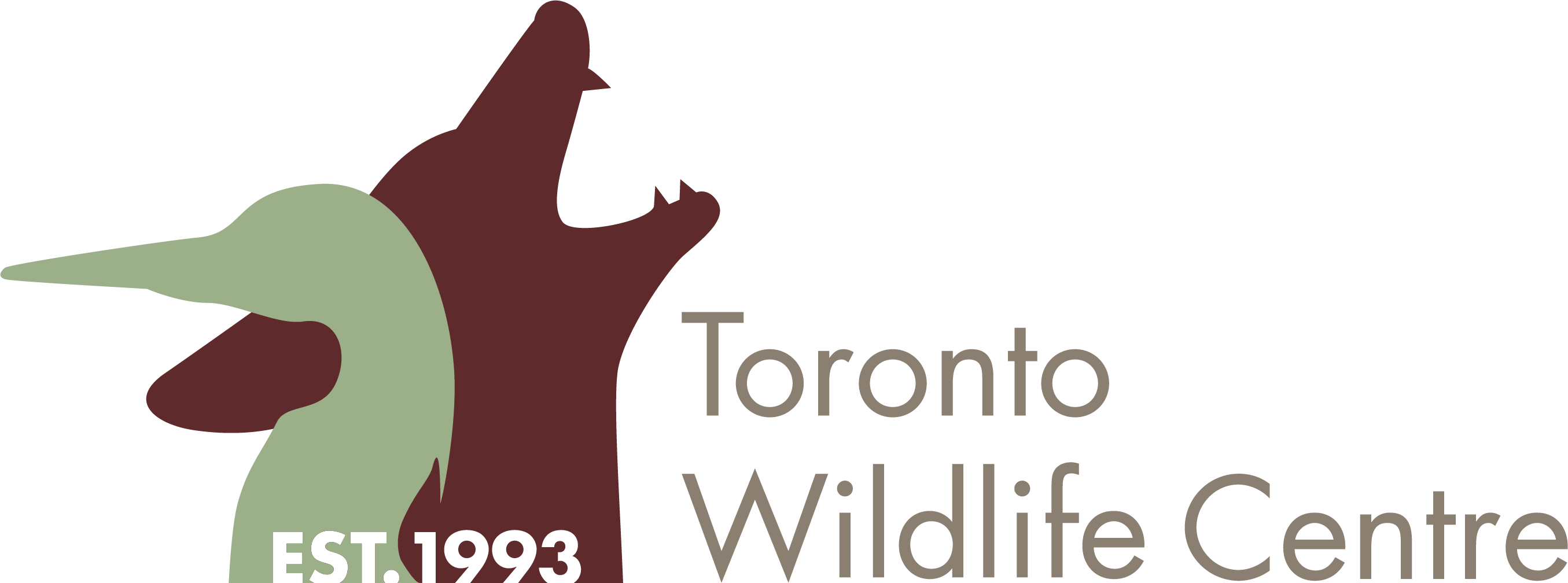Human safety first
Human Safety First! Never put yourself or other people in danger to help a family of ducks cross the road. You can help by waving at drivers to alert them to the birds. Ask passersby with pets or children to keep back. Keep a safe distance, and try to gently steer the birds in the direction of the closest pond, stream, river, or lake.
It may seem like a good idea in these situations to try to catch the family and move them to a safe spot, but this risks scaring off the mother and scattering the babies.
Remember that crossing roads is a fact of life for urban wild animals, and one of many skills the babies need to learn from their parents.
Get signs put up
In areas close to ponds, lakes, or rivers, municipalities will sometimes put up street signs warning motorists of ducks crossing the roads. This helps to keep everybody safe. Talk to your local city councillor, community group, or residents’ association to see if this is an option if you often find yourself worried about ducks.
Ducks on the highway
Some rescues are best left to the experts, and duck families on multi-lane highways with barriers and heavy traffic may need help. Contact your local wildlife rehabilitator to see if they can help—often, local or provincial police have to get involved in these situations to make sure no one gets hurt.
Orphaned ducklings
Ducklings found alone with no mother should always be considered orphaned. First, look around to make sure the mother isn’t waiting nearby. If you don’t see her, please contact a wildlife rehabilitator immediately.

